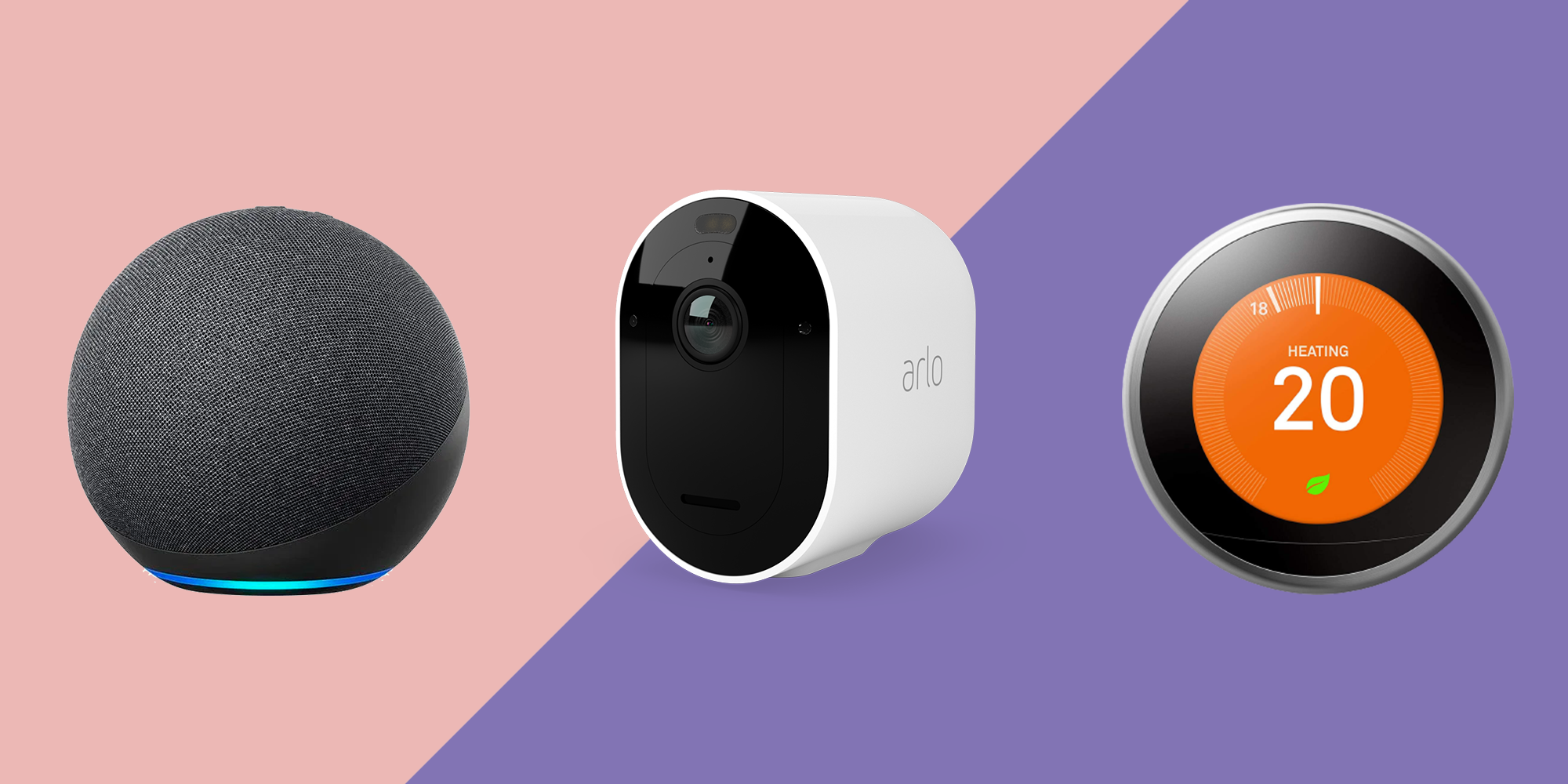Index Surge: Amplifying Your Insights
Stay updated with the latest trends and news across various industries.
When Smart Homes Get Smart Enough to Outsmart You
Discover the surprising ways smart homes can outsmart their owners—are you ready for your tech to take the lead? Find out now!
Is Your Smart Home Really Smarter Than You? Exploring the Limits of AI in Home Automation
As we embrace the age of smart technology, homeowners often wonder, is your smart home really smarter than you? While devices like smart thermostats, voice-activated speakers, and automated lighting systems promise convenience and efficiency, their true intelligence can be misleading. These systems operate within a set framework defined by programming and algorithms, leading to limitations in their decision-making capabilities. For instance, a smart thermostat may learn your schedule but still falter in adapting to unexpected changes, such as a last-minute dinner invitation or an unplanned day off. Thus, the question becomes not just about technology but also about our own adaptability.
Furthermore, the effectiveness of AI in home automation is often exaggerated. While there are instances where AI can help streamline processes and save time, it can also create reliance on systems that are not infallible. Issues such as connectivity problems, limited compatibility between devices, and privacy concerns can undermine the advantages of automation. In this context, it's essential to recognize that our ability to critically assess situations, make nuanced decisions, and troubleshoot problems gives us an edge that no device can replicate. Ultimately, while smart homes enhance our living experience, they are tools rather than replacements for our own judgement and intuition.

Top 5 Ways Smart Homes Could Outsmart You: Risks and Precautions
Smart homes are rapidly becoming the norm, offering convenience and efficiency through interconnected devices. However, relying on these technologies can come with significant risks. One major concern is security vulnerabilities. With devices connected to the internet, cybercriminals can exploit flaws in the system to gain unauthorized access to your home. For instance, smart locks that can be easily hacked might compromise your home’s safety. Maintaining strong passwords and regularly updating device firmware can help mitigate these risks.
Another risk associated with smart homes is privacy invasion. Many smart devices collect vast amounts of personal data, which if mishandled, can lead to unwanted surveillance or data breaches. Consumers are often unaware of how their data is being used or sold to third parties. To safeguard your privacy, it’s essential to be cautious about the information you share and to read privacy policies thoroughly. Additionally, disabling unnecessary features that collect data can further protect your personal information.
How Smart Is Too Smart? The Ethics of Home Automation Technology
The integration of home automation technology into our daily lives has revolutionized the way we interact with our living spaces. However, this rapid advancement raises critical questions about the ethical implications of our dependence on these devices. How smart is too smart? As we embrace smart homes equipped with voice assistants, smart locks, and monitoring systems, we must consider the balance between convenience and privacy. Are we willing to sacrifice our personal data for the sake of enhanced automation, and at what point does a beneficial tool become an invasive entity?
The potential for home automation technology to improve our lives is undeniable, yet it comes with responsibilities that both consumers and manufacturers must acknowledge. Issues of data security, surveillance, and algorithmic bias are increasingly relevant as we navigate this new territory. To ensure ethical usage, it is essential to establish guidelines and regulations that protect users while fostering innovation. Ultimately, the question of how smart is too smart is as much about our ethical values as it is about technology itself, prompting us to reflect on how we define the boundaries of convenience and autonomy.